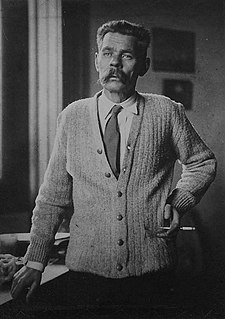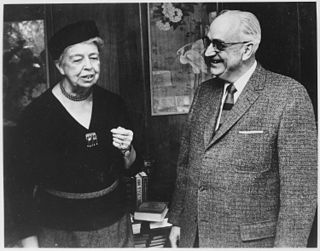A Quote by Marcia Angell
Illness and death are not optional. Patients have a right to determine how they approach them.
Related Quotes
I am a spiritual person. I'm a Catholic. I treat my patients, the dead patients, as live patients. I believe there is life after death. And I talk to my patients. I talk to them, not loudly but quietly in my heart when I look at them. Before I do an autopsy, I must have a visual contact with the face.
Once and for all, people must understand that addiction is a disease. It’s critical if we’re going to effectively prevent and treat addiction. Accepting that addiction is an illness will transform our approach to public policy, research, insurance, and criminality; it will change how we feel about addicts, and how they feel about themselves. There’s another essential reason why we must understand that addiction is an illness and not just bad behavior: We punish bad behavior. We treat illness.
How sweet is the assurance, how comforting is the peace that come from the knowledge that if we marry right and live right, our relationship will continue, notwithstanding the certainty of death and the passage of time. Men may write love songs and sing them. They may yearn and hope and dream. But all of this will be only a romantic longing unless there is an exercise of authority that transcends the powers of time and death.
There is another side to death. Whether death happens through an act of violence to a large number of people or to an individual, whether death comes prematurely through illness or accident, or whether death comes through old age, death is always an opening. So a great opportunity comes whenever we face death.



































